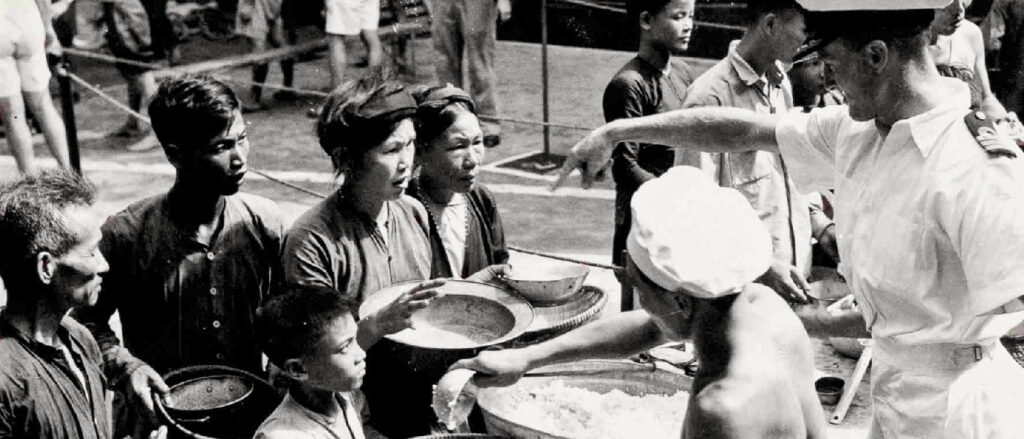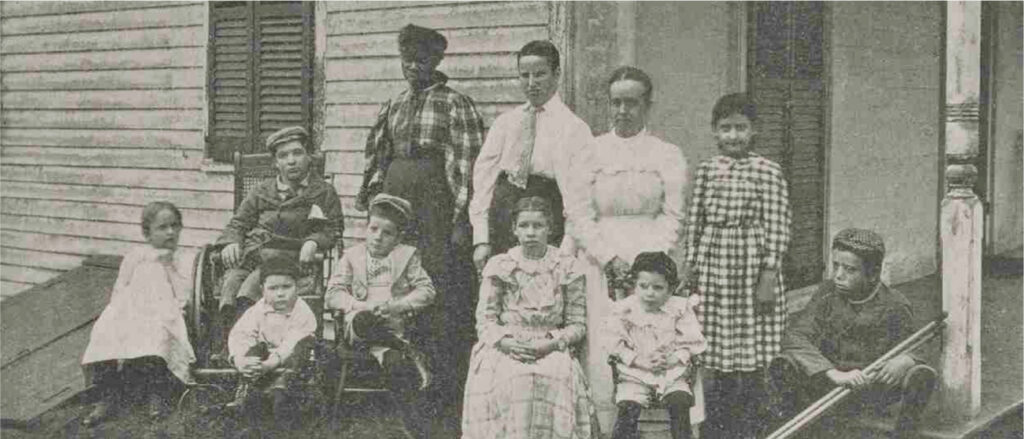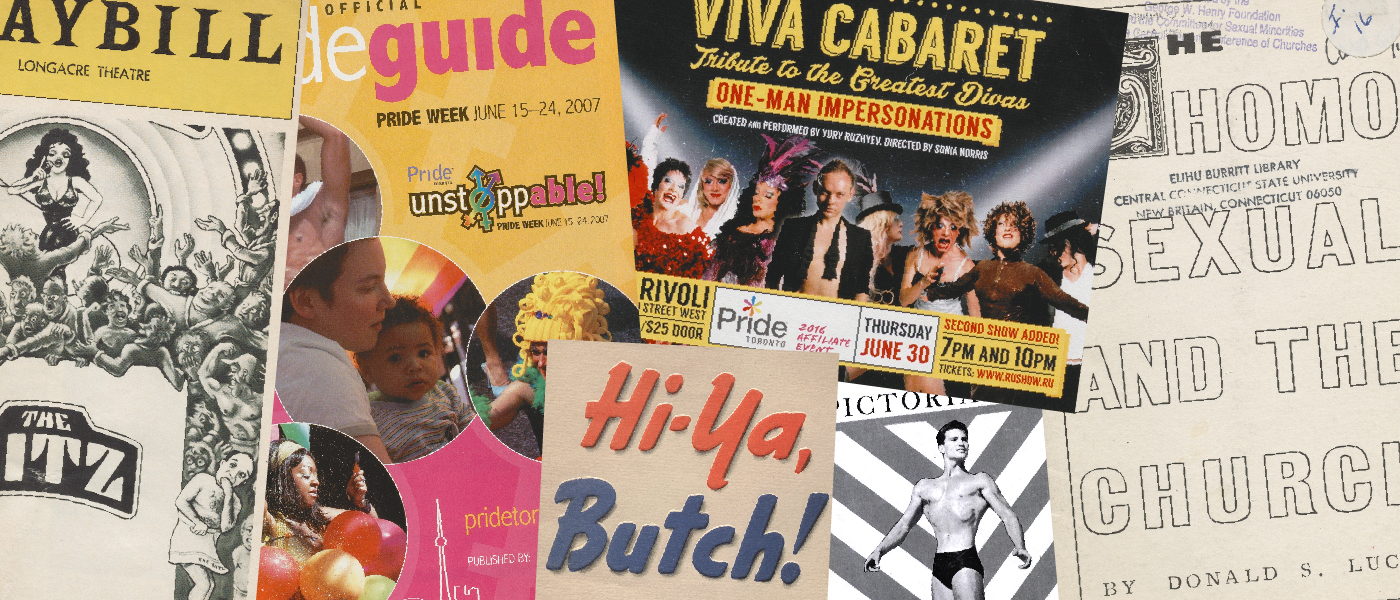| By Gale Staff |
In a recent interview with Times Higher Education, vice president of global academic product Seth Cayley underscored the value of primary source materials in academic research, stressing that they are “more important than ever.” Primary sources offer an authentic, personal viewpoint of past events, going beyond the mainstream narratives and giving voice to historically marginalized experiences.
The diverse and sometimes divergent accounts invite students to think critically about the past and approach present-day issues with heightened awareness. These advanced research skills aren’t just beneficial but essential for long-term success, empowering students to navigate complex issues with empathy and confidence.
With Gale Primary Sources, university libraries can increase the accessibility of primary source materials for students and faculty. Researchers can always rely on Gale for accurate and unique resources, including rare manuscripts and other hard-to-find firsthand accounts. Our team of multidisciplinary subject-matter specialists continuously vets, reviews, and updates our collections.
Gale’s digital archives combine primary sources from around the world with our advanced search tools, helping faculty and student researchers easily find the information they need. Users can pursue keywords across different Gale products, copy built-in citations, download materials to their devices, or link within to their class syllabi.
In preparation for the next school year, we’re excited to share three new primary source collections for academic libraries and classrooms.
- The Archives of Sexuality and Gender: Community and Identity in North America
- Refugees, Relief, and Resettlement: The Early Cold War and Decolonization
- History of Disabilities: Disabilities in Society, Seventeenth to Twentieth Century
These archives contribute new vital perspectives to their respective fields and enrich digital scholarship for faculty and students alike.
Explore the Archives of Sexuality and Gender: Community and Identity in North America

Gale’s award-winning Archives of Sexuality and Gender holds fascinating primary source materials spanning four centuries. Researchers interested in civil rights, LGBTQ+ history, sociology, and women’s and gender studies will benefit from our fully searchable collection. Contents include newsletters, manuscripts, periodicals, government records, personal correspondence, advocacy posters, and rare monographs.
Community and Identity in North America centers on social justice issues from Canada, Mexico, and the United States. Materials explore unheard voices within the North American LGBTQ+ community, celebrate the heroes of the movement, and touch on the often-contentious intersection between religious teachings and sexuality.
Urgent discussions around sexuality, gender equality, and LGBTQ+ rights require an appreciation of the struggles that brought us to where we are today. Archives of Sexuality and Gender: Community and Identity in North America is a key resource to accomplish a deep understanding of how we got here and where we’re going. The archive contains 28 unique collections and more than one million pages of information, including previously unpublished documents showcasing the history of sex education, transgender rights, advocacy for sex workers, and the evolution of gender roles.
Uncover Refugees, Relief, and Resettlement: The Early Cold War and Decolonization

Image courtesy of The National Archives image library.
The Refugees, Relief, and Resettlement series highlights past and present global refugee crises—a problem that grows ever-more pressing with the increased threat of climate change, famine, and war. These primary source collections share real-life accounts from refugees, inspiring empathy and understanding for individuals working and studying in history, immigration law, political science, public health, social services, and more.
The Early Cold War and Decolonization explores independence movements across Africa, Asia, and the Middle East following the end of World War II. From Palestine to Pakistan, events triggered by the war’s end led to the displacement of tens of millions. The movements and experiences of these marginalized populations are an important piece of cultural history and have changed modern-day immigration policy and responses to global conflict.
Specific focus areas include the Angolan Civil War, the British evacuation of India, the Israeli-Arab Wars, and the Korean War, among other critical twentieth-century sovereignty movements. Researchers can leverage this resource to better connect with and intimately understand the refugee experience as well as strategies to address the modern-day reality of displaced peoples.
Investigate the History of Disabilities: Disabilities in Society, Seventeenth to Twentieth Century

Disabilities in Society, Seventeenth to Twentieth Century is the first collection in our History of Disabilities series, providing rare primary source materials related to the disability rights movement. From personal memoirs to medical records and historical policy documents, scholars can explore a rich collection emphasizing the disability rights movement’s progress in the face of cruel discrimination.
Sourced from the New York Academy of Medicine Library, the collection chronicles how society has historically interacted with people with disabilities. Unearth reports from Blackwell’s Island in New York City as well as other infamous asylums and examine rare nineteenth-century scientific brochures documenting medical interventions. Alongside this often-grisly history, activist organizations have been leading the fight for inclusivity, respect, and reform. Learn about the key individuals who helped change the language, policy, and treatment for people with disabilities.
These resources illuminate research into civil rights law, disabilities studies, healthcare, psychology, public health, and social services. Regardless of discipline, all members of campus benefit from understanding the past and ongoing challenges that people with disabilities face. Academic librarians and faculty can help raise awareness for the valuable perspectives housed in these collections. Gale Primary Sources enriches academic research and can help inform a more inclusive campus experience.
With Gale’s digital archives, students and faculty can discover rare books and periodicals available online with just a few clicks—no waiting for other users to return items or request via interlibrary loan. Furthermore, this one subscription provides your university access to thousands of rare materials, optimizing your budget and diversifying your collection. Through Gale Primary Sources, users encounter the past in a new and personal way, adding powerful context to historical events and fostering curiosity.
Are you interested in learning more about Gale Primary Sources? Download our catalog and contact your local Gale representative today to request a trial.

